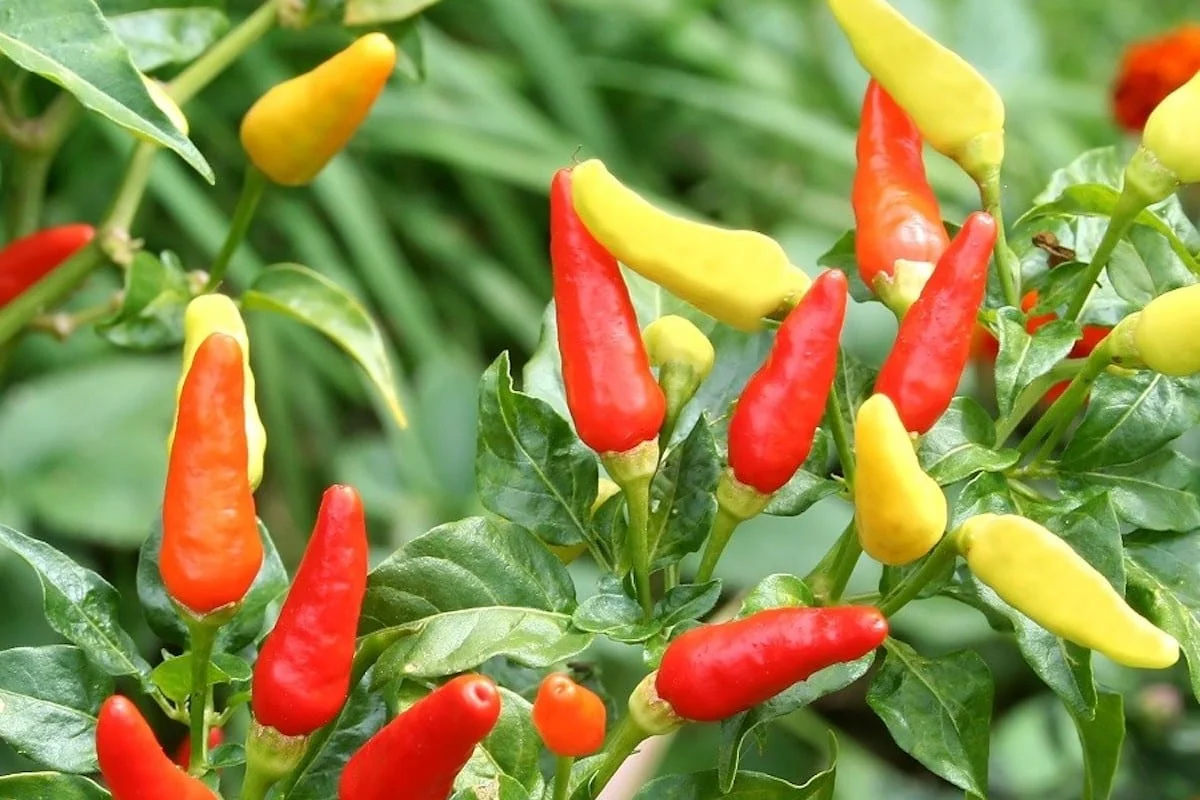St. Kitts Agriculture Minister Announces Plan to Cultivate Initial 100 Acres of Tabasco Peppers
The island nation of Saint Kitts and Nevis is embarking on a significant agricultural venture, the Tabasco Pepper Project, a partnership with McIlhenny, the renowned producer of the Tabasco brand hot sauce. This initiative aims to diversify the nation’s economy and reduce its reliance on the Citizenship by Investment (CBI) program. The project signifies a move towards sustainable economic growth and development, leveraging the agricultural potential of the islands to create new revenue streams and employment opportunities. The collaboration with McIlhenny brings technical expertise and a guaranteed market for the peppers, ensuring the project’s long-term viability.
The Tabasco Pepper Project is an integral component of the broader Sustainable Economic Expansion and Diversification (SEED) initiative, a government-led program designed to restructure the economic landscape of Saint Kitts and Nevis. The CBI program, while providing substantial revenue, has been subject to fluctuations and international scrutiny. The SEED initiative seeks to create a more resilient and diverse economy, less susceptible to external shocks and more aligned with the long-term development goals of the nation. The focus on agriculture, a traditional sector with significant potential for modernization and expansion, is a key element of this diversification strategy.
The project’s initial phase involves cultivating an expansive 100-acre plot dedicated to Tabasco pepper production. This undertaking requires careful planning, land preparation, and the recruitment and training of local farmers. The Ministry of Agriculture is responsible for overseeing the project’s implementation, ensuring the efficient allocation of resources and the provision of necessary support to participating farmers. The collaboration with McIlhenny provides access to best practices in pepper cultivation, quality control, and processing, ensuring the production of high-quality peppers that meet the standards of the global market.
The involvement of local farmers is a crucial aspect of the Tabasco Pepper Project. The Ministry of Agriculture is actively engaging with farmers and other stakeholders, providing information and guidance on participating in the project. This participatory approach ensures that the benefits of the project are distributed equitably and that local communities are empowered to contribute to the economic development of their nation. The project not only creates direct employment opportunities in farming but also stimulates related industries, such as processing, packaging, and transportation, further enhancing the economic impact.
The partnership with McIlhenny provides a guaranteed market for the Tabasco peppers grown in Saint Kitts and Nevis. This eliminates market uncertainty, a common challenge for small island developing states seeking to diversify their agricultural exports. The established global reach of the Tabasco brand ensures a stable demand for the peppers, providing a secure and predictable income stream for the participating farmers and contributing to the overall economic stability of the nation. The collaboration also fosters knowledge transfer and capacity building within the local agricultural sector, enhancing its long-term sustainability and competitiveness.
The Tabasco Pepper Project represents a significant step towards achieving the economic diversification goals of Saint Kitts and Nevis. By leveraging the agricultural potential of the islands and partnering with a globally recognized brand, the nation is creating a new pillar of its economy, one that offers both economic stability and sustainable growth. The project’s focus on local participation and community engagement ensures that the benefits of economic development are shared widely, contributing to a more prosperous and resilient future for the nation. The project’s success could serve as a model for other small island developing states seeking to diversify their economies and achieve sustainable development.
Share this content:












Post Comment